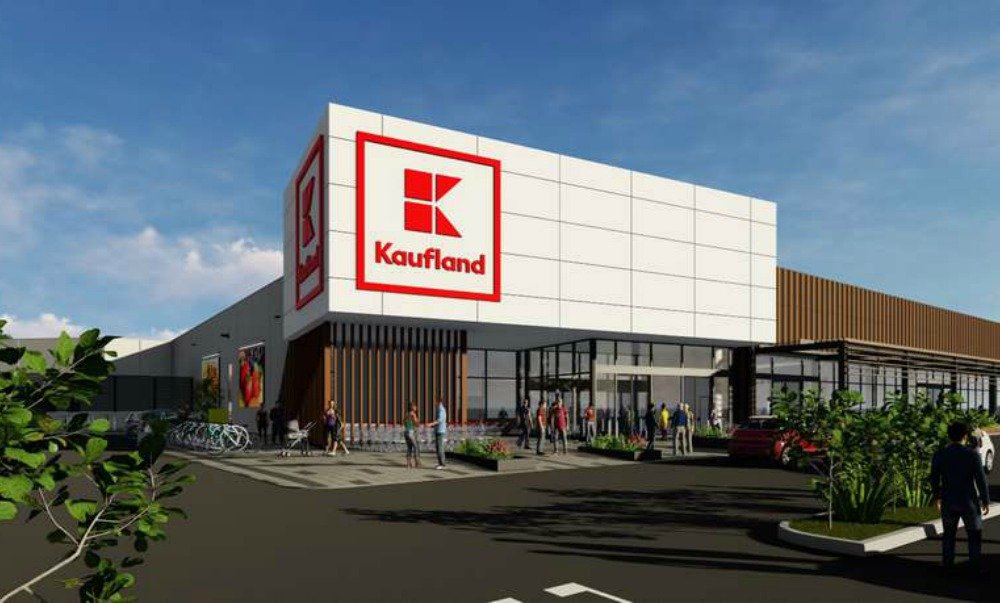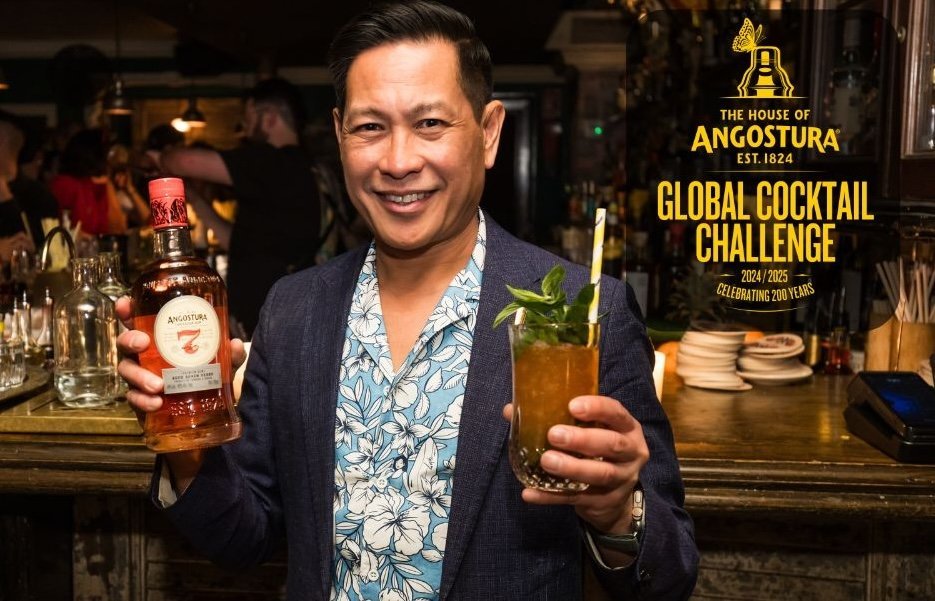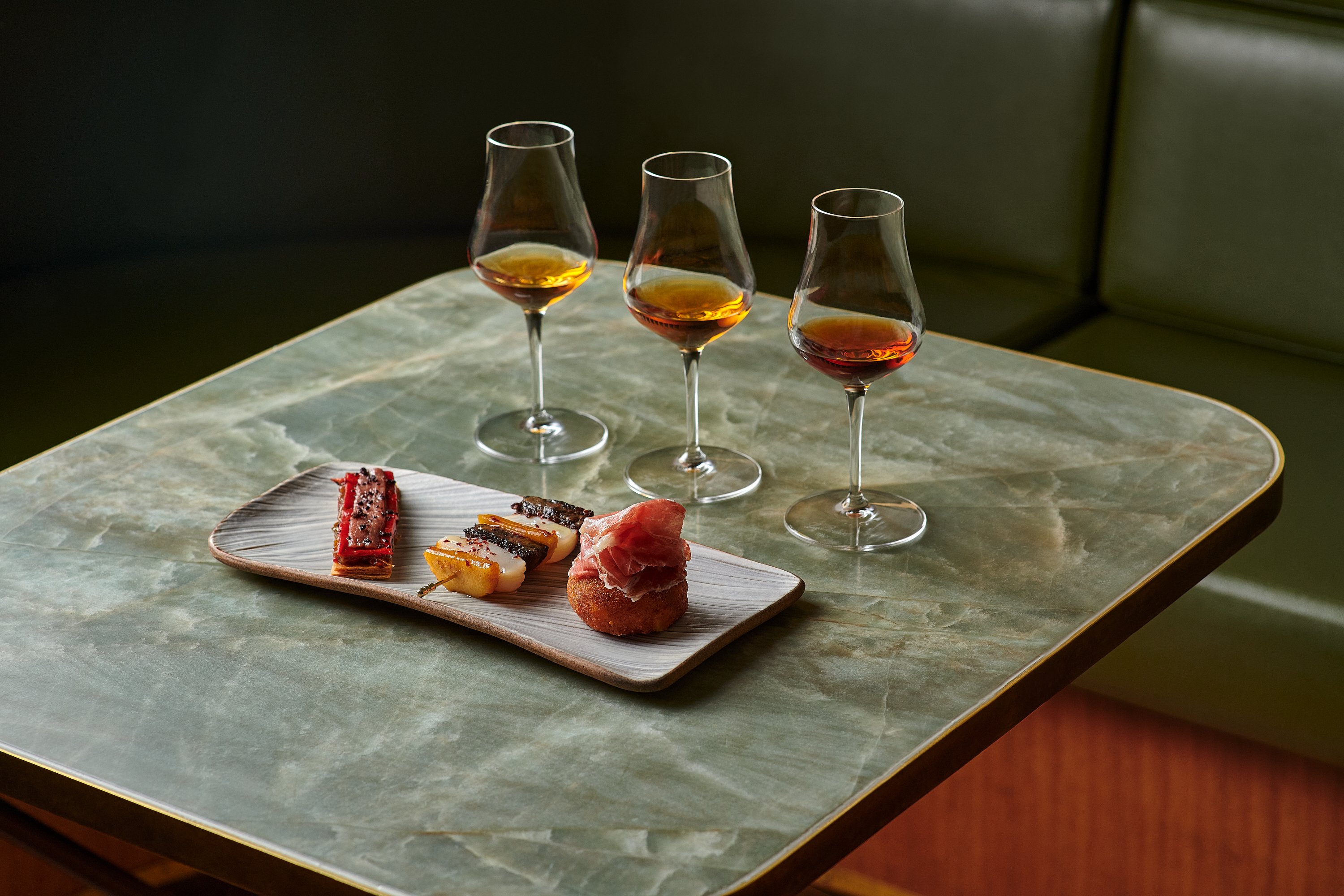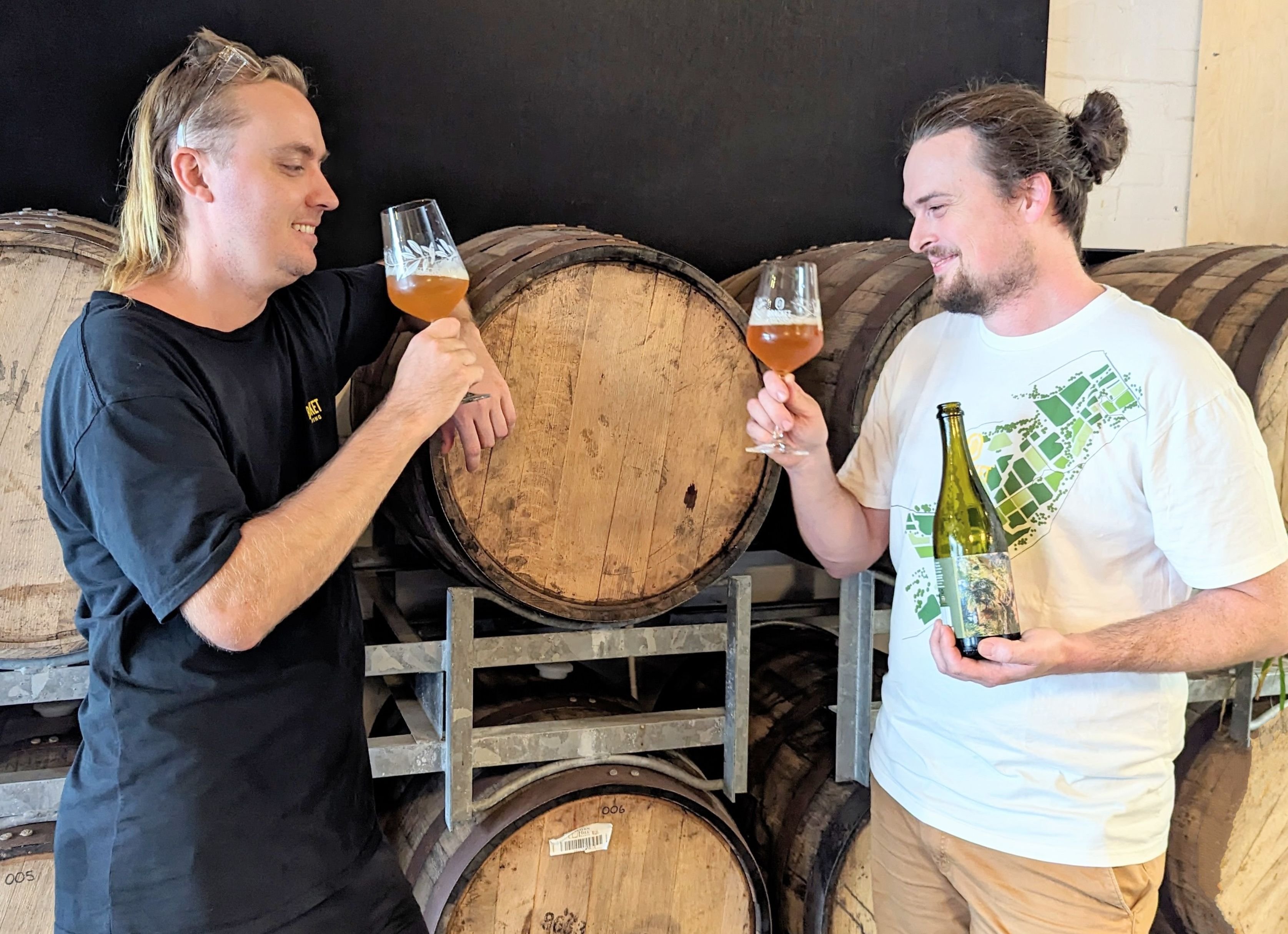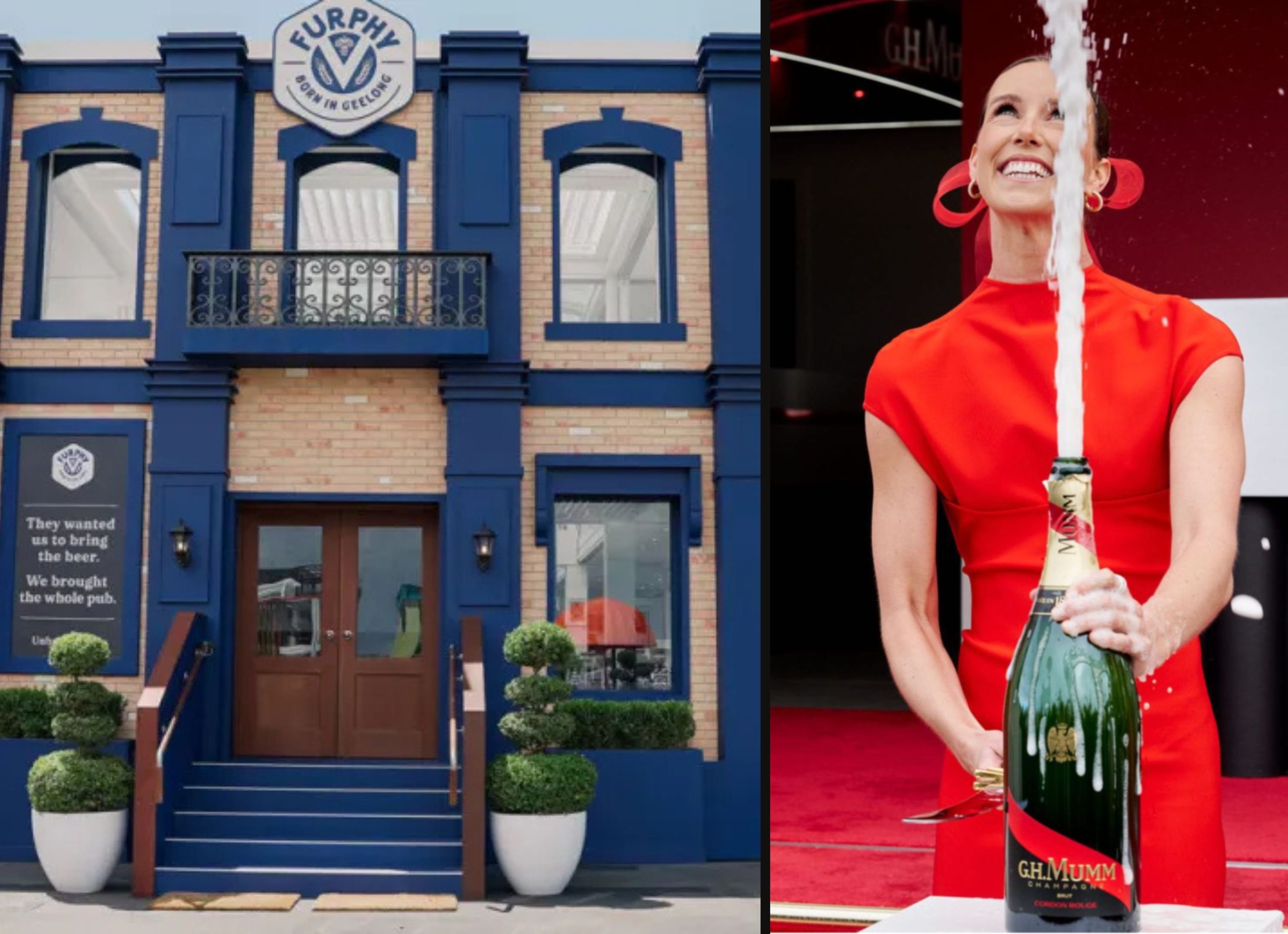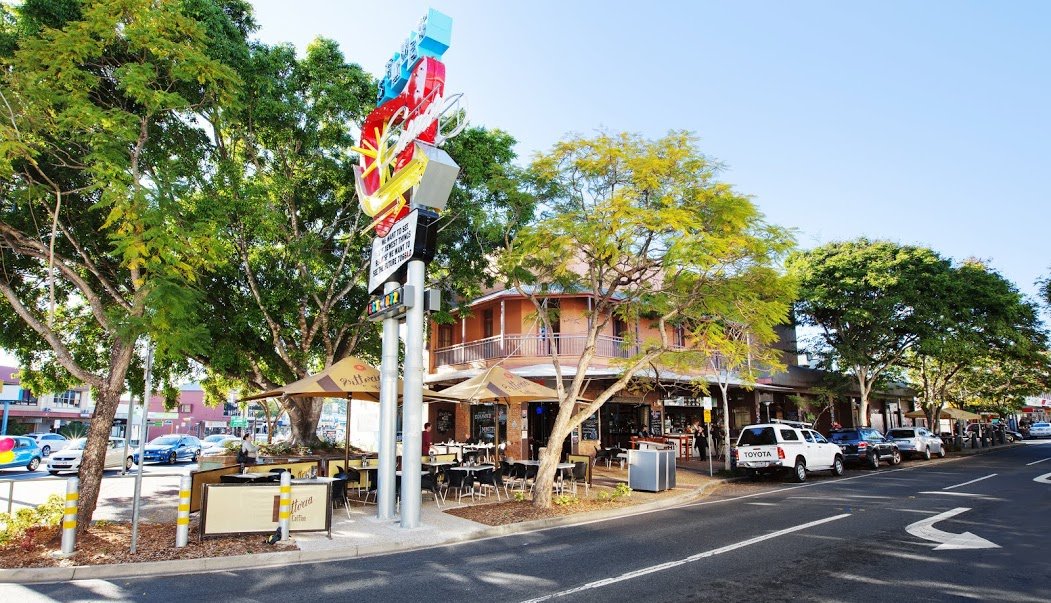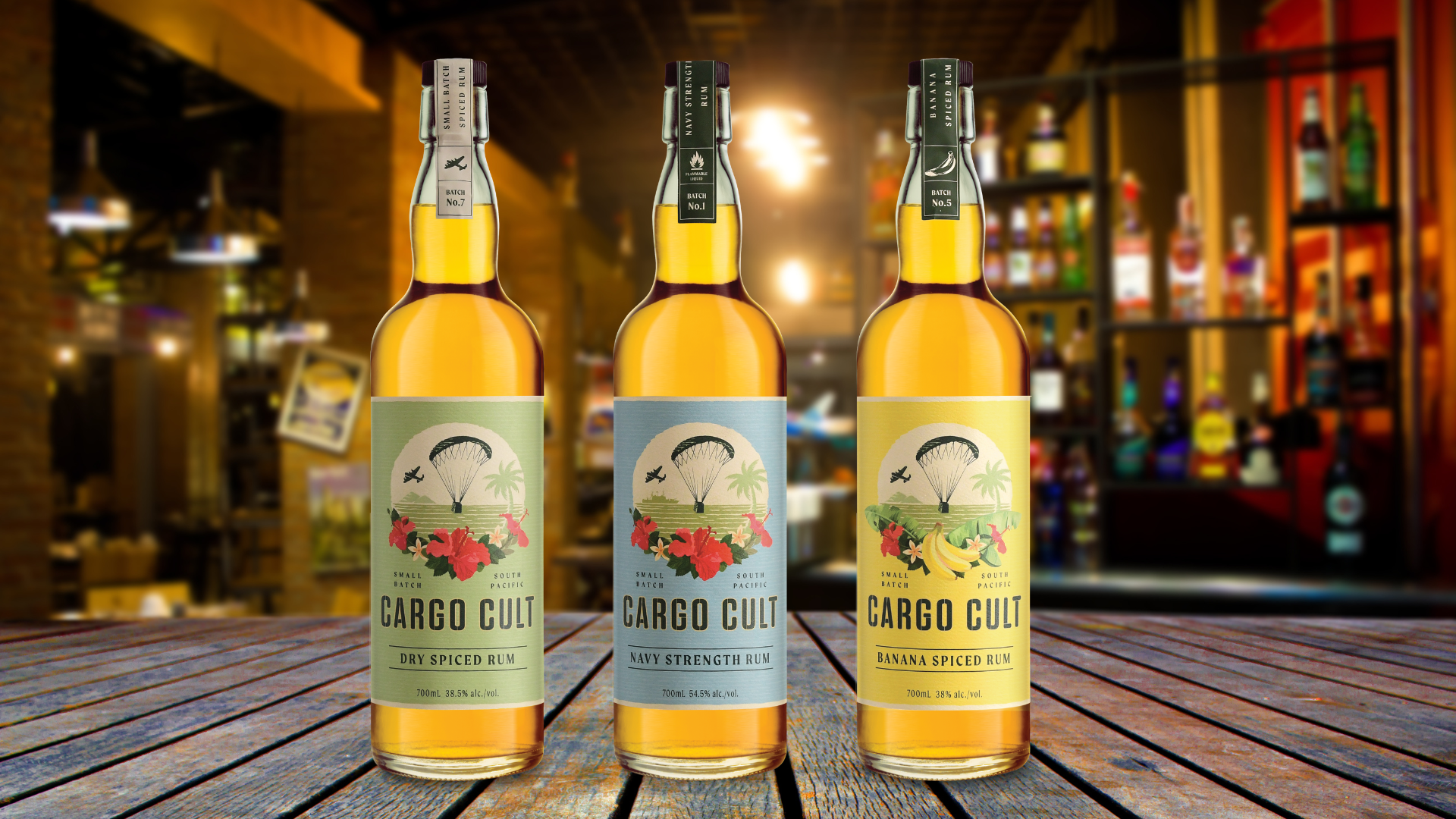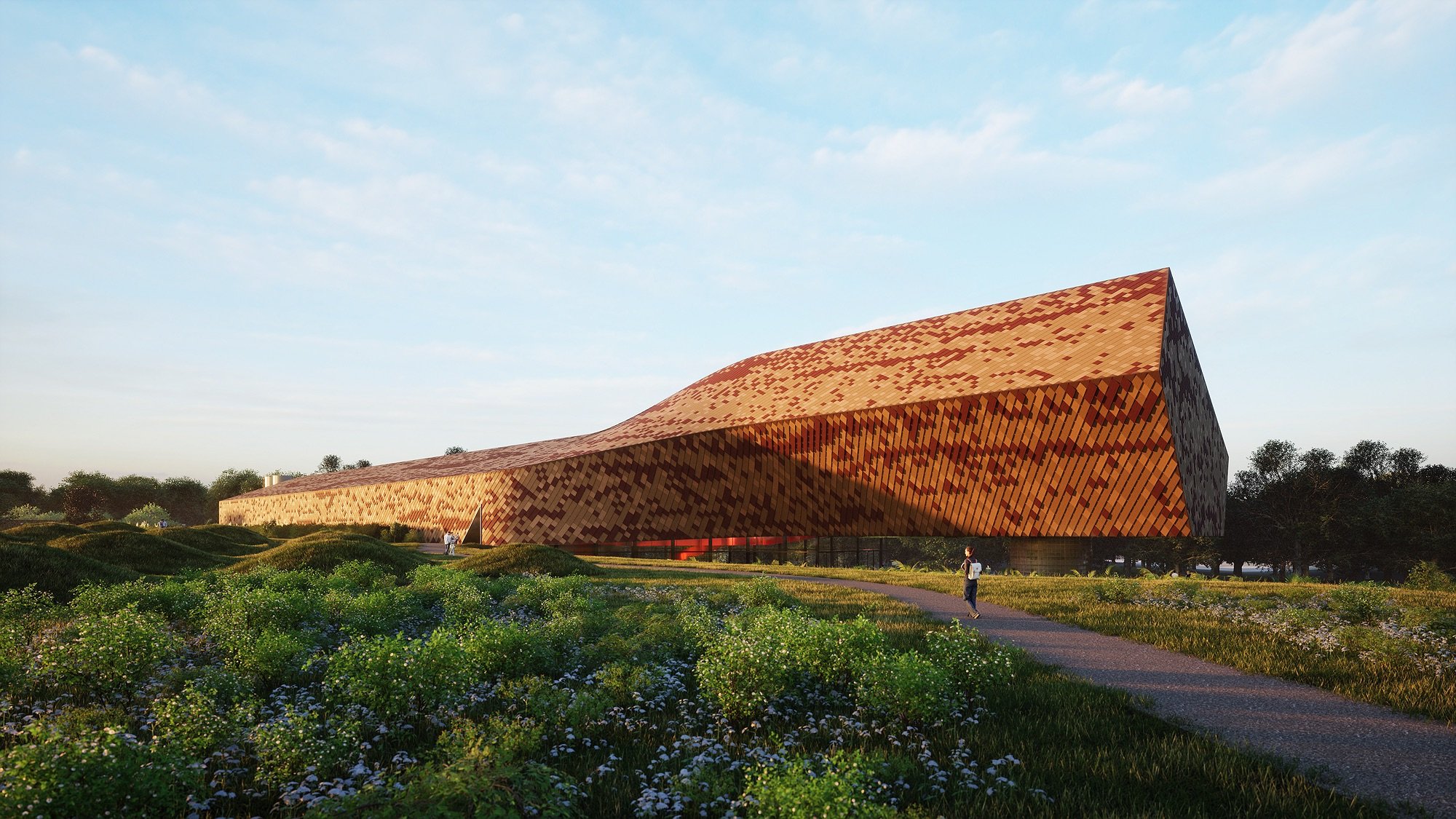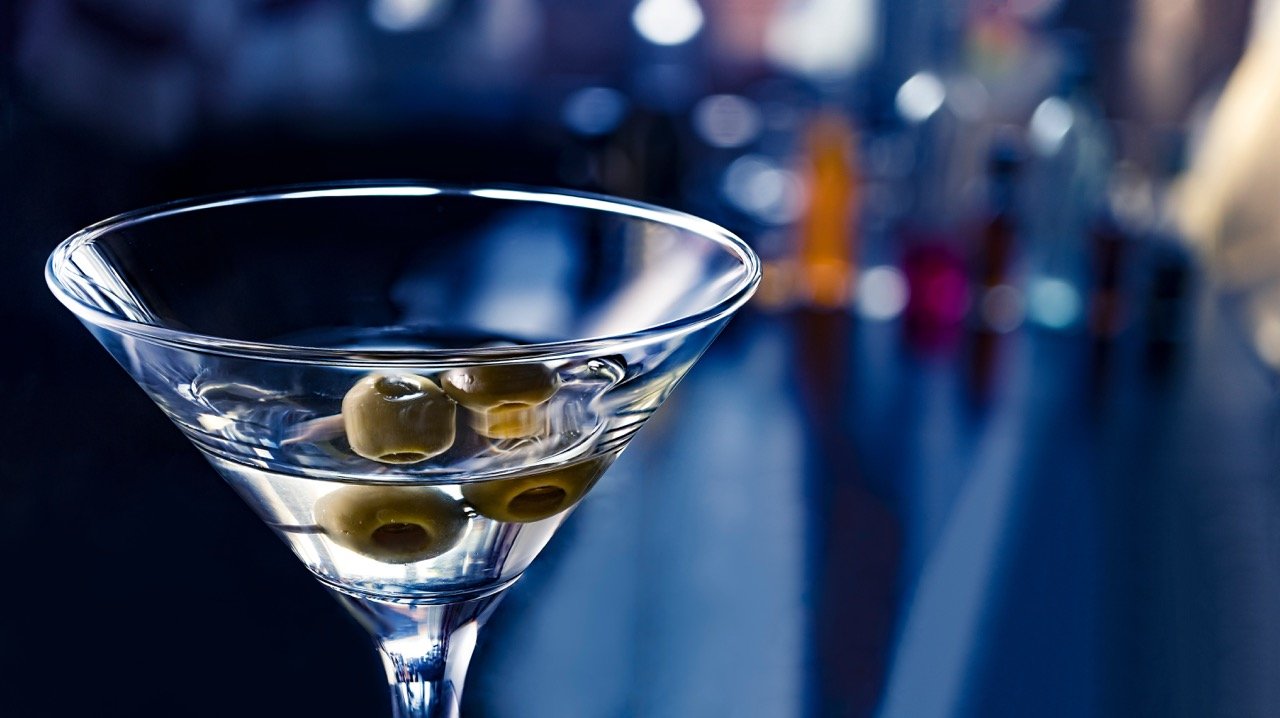Kaufland says the "parochial views of many Australians" may be a stumbling block in its battle plan to succeed in the local grocery sector.
In a planning submission the German supermarket giant said: “It is unfortunate that some members of the community have reacted to the entrant of a foreign company into the Australian retail market with not only fear but open hostility."
The planning and location for some of the Victorian stores, such as one in Mornington, has attracted criticism from local community groups, rival retailers and planning experts.
“Submissions like those of the Mount Eliza Community Alliance illustrate one of the greatest difficulties that Kaufland will have in entering the market — the parochial views of many Australians,’’ the submission said. “It demonstrates how important that it will be for Kaufland to provide a point of difference to Woolworths and Coles and to work hard to win over the hearts and minds of Australian shoppers.”
Fred Harrison, owner of 47 Ritchies supermarkets in Victoria noted in his submission: "If a large oversized supermarket comes in we will lose our high street and it will become a wasteland, shops will close.
"People will have to drive to the big supermarkets and forgo their ease of walkability. The local shopping strip will not be viable anymore."
First impressions crucial
Tactics in the Kaufland battle plan are a customer loyalty program, lower grocery prices and local job creation.
“(Kaufland) will provide choice, competition and downward pressure on prices for Australian consumers,” it said.
“In entering a new country — particularly one that is well served by entrenched operators with a loyal customer base — Kaufland Australia is cognisant of the fact that first impressions are crucial to its success,” the submission says.
“It must convince the Australian consumer that it is more than just ‘another operator’ but that it presents a true point of difference and provides for the very best supermarket retailing experience possible at the cheapest price.
“To achieve this means taking an uncompromising approach to customer comfort and store efficiency.”
Kaufland is eager to take a slice of Australia’s $90billion grocery sector, which offers high margins and a lack of diversity, as it is dominated by just two major players.
“Kaufland’s investigations into whether Australia represented a suitable expansion opportunity concluded that the existing operators within the Australian retail environment benefit from a duopolistic market dominated by two major players (with a third operator gaining market share) and experience comparably high profit margins. Kaufland concluded that there was scope to enter the market, by providing a point of difference.
“In order to deliver on that customer experience and in acknowledgement of the shortcomings of the established operators identified above, Kaufland Australia seeks to deliver the best of both worlds — a full-service supermarket stocked with local, regional and international products at discount pricing, in a comfortable and convenient environment.”
Kaufland meets with suppliers
Kaufland has been meeting with potential suppliers at its Mt Waverley headquarters in Melbourne.
The suppliers have been informed the company has bought 25 sites across Australia, with five building permits. More than 40 stores are planned for the intial roll out.
Suppliers have been told that Kaufland is planning to open 10 to 15 stores in 2021 on the eastern seaboard, and that each store will hold between 28,000 and 30,000 products.
Woolworths and Coles carry about 20,000 SKUs, while ALDI has just under 1500 SKUs per store.
Architectural plans show almost 10% of each Kaufland store's floorspace will be devoted to liquor.
First Kaufland pub planned for Queensland
Kaufland recently submitted an application to Toowoomba Regional Council to build the first Kaufland hotel and hypermarket in Queensland.
The development application notes it will comprise a “shopping centre including supermarket, speciality shops, food and drink outlet and a hotel”. The pub will be situated on the hypermarket site in a stand-alone location with provision for 80 car spaces.
The application noted it would also have a limited range of associated speciality retail tenancies, a food and drink outlet and “a hotel use associated with an integrated grocery, food, hospitality and liquor offering”.
The development will operate between 6am and 10pm, seven days per week.
The inclusion of a pub is a result of Queensland liquor laws stipulating that to obtain a liquor licence for a bottle shop, the owner must already hold a commercial hotel licence for a pub within 10km.
Share the content
